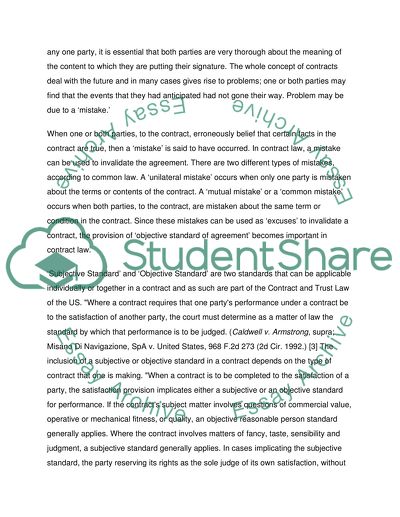Cite this document
(“USA contract Law Essay Example | Topics and Well Written Essays - 1500 words”, n.d.)
Retrieved from https://studentshare.org/law/1522591-usa-contract-law-essay
Retrieved from https://studentshare.org/law/1522591-usa-contract-law-essay
(USA Contract Law Essay Example | Topics and Well Written Essays - 1500 Words)
https://studentshare.org/law/1522591-usa-contract-law-essay.
https://studentshare.org/law/1522591-usa-contract-law-essay.
“USA Contract Law Essay Example | Topics and Well Written Essays - 1500 Words”, n.d. https://studentshare.org/law/1522591-usa-contract-law-essay.


